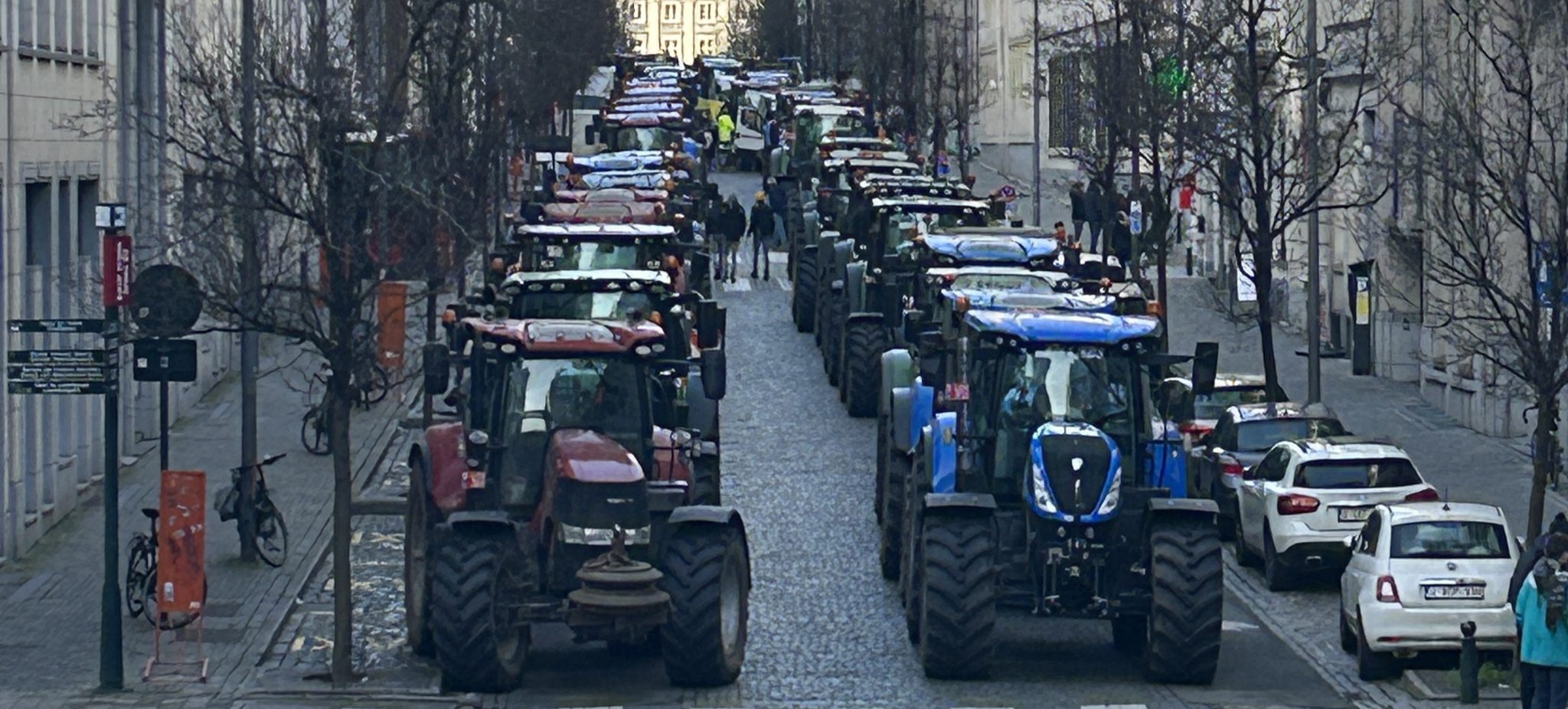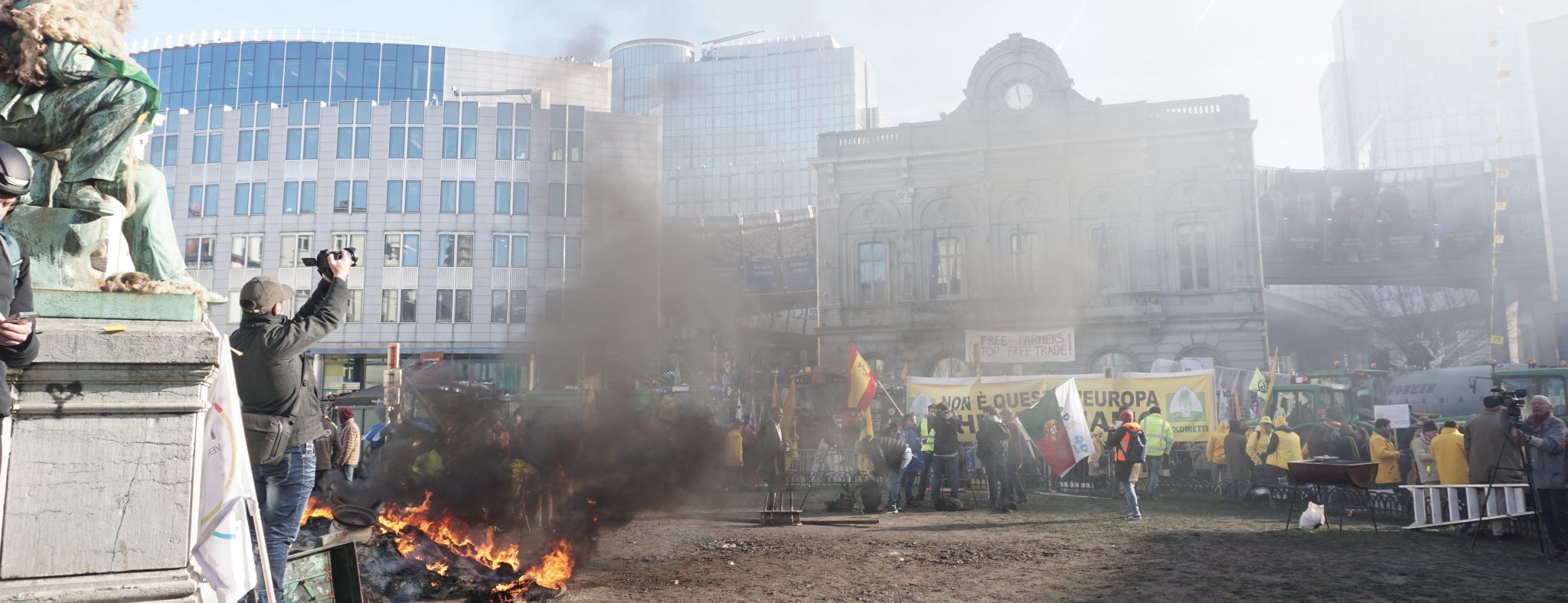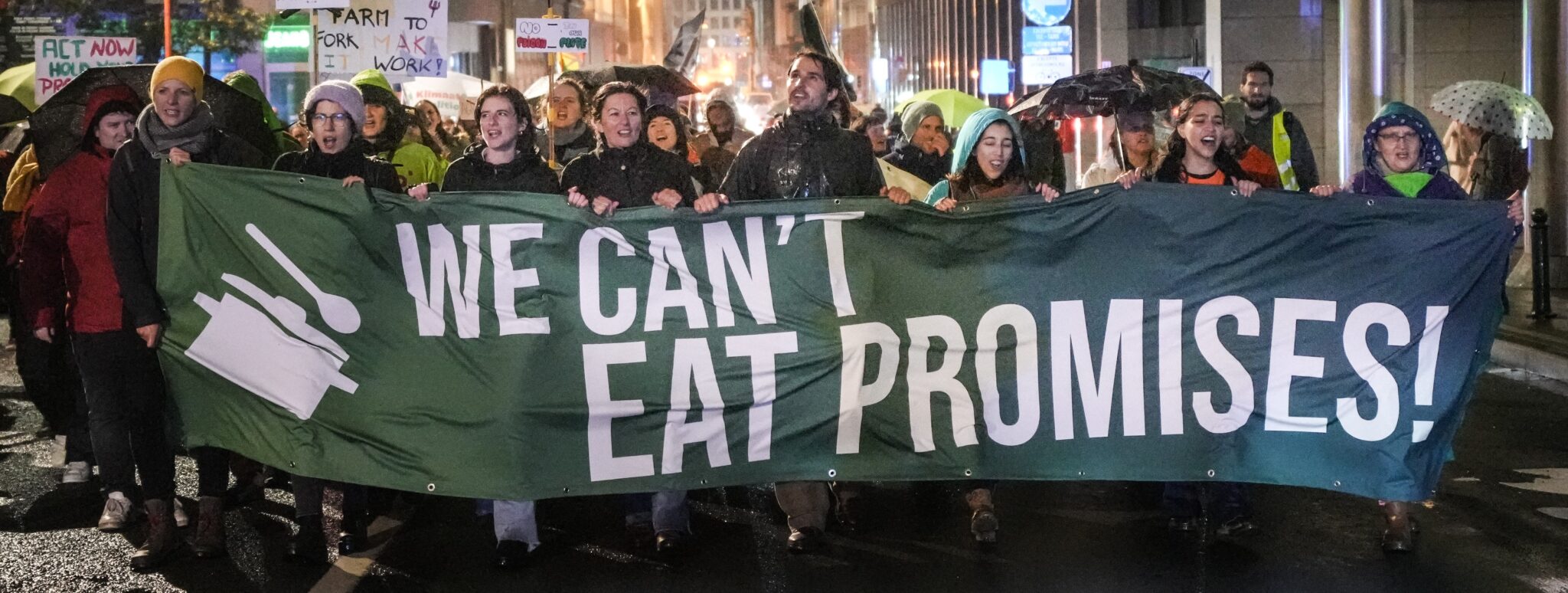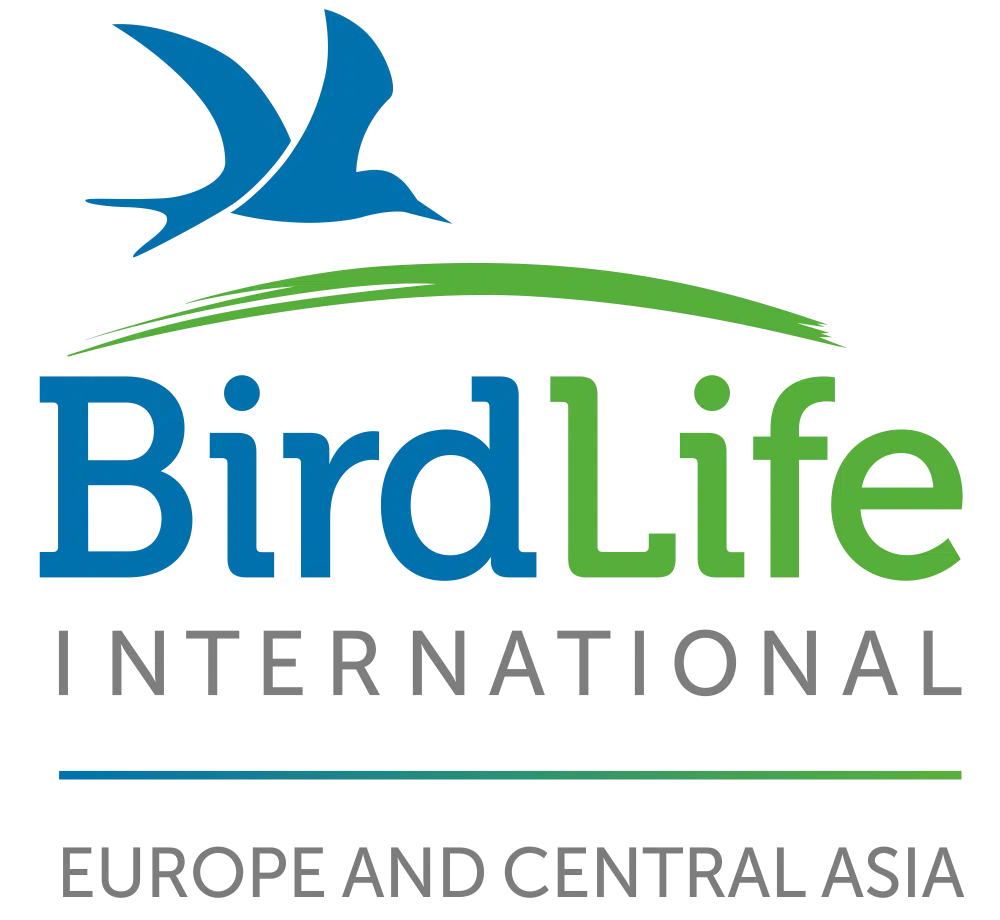5 things you need to know about the farmer protests
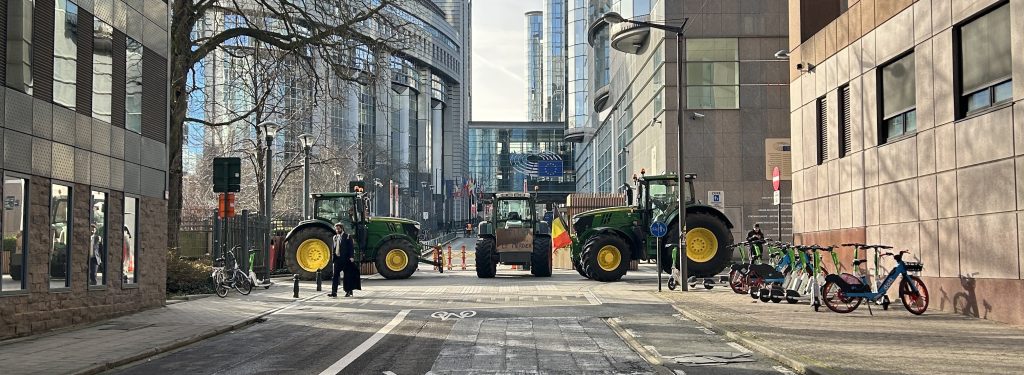
Amidst the ongoing farmers' protests across our continent, let us clarify some facts about agriculture, nature, and the EU’s response so far.
1. The Green Deal is not the culprit
Green rules are being named as one of the key reasons for farmers’ dire situation. But the truth is that the EU’s efforts to put in place tangible measures to address the pressing environmental challenges identified in the Green Deal fall short on what is needed and demanded by scientists.
As agriculture is one of the main drivers of biodiversity loss, the Farm to Fork Strategy, which lies at the heart of the Green Deal, was originally created to make food systems fair, healthy and environmentally friendly. But the European Commission failed to deliver on two of its core components: the pesticide reduction law and the Sustainable Food System framework. This week, the Commission withdrew its pesticide reduction law proposal, which was supposed to half pesticide use in the EU by 2030 and envisioned the total prohibition of pesticides in sensitive nature areas. Secondly, the Sustainable Food System framework, that is supposed to accelerate and make the transition to sustainable food easier for consumers, was never proposed (Yes, President von der Leyen, we are still waiting.)
2. Right-wing parties and farm lobbies are best friends
The ones that have been pushing to derail these proposals are, not surprisingly, the conservative and far-right parties. Peter Liese, MEP of the European People’s party, called the vote in the European Parliament that killed the pesticide reduction law earlier in November ‘Sensational’ and celebrated the fact that pesticides can continue to be used in bird sanctuaries. Really?!
A major investigation published in November 2023 by DeSmog revealed that the farming industry had an average of two meetings per week with six key EPP parliamentarians since 2020. The report also disclosed that the pesticide industry has spent €35 million on EU lobbying since plans to halve pesticide use were first announced in 2020. Let that sink in.
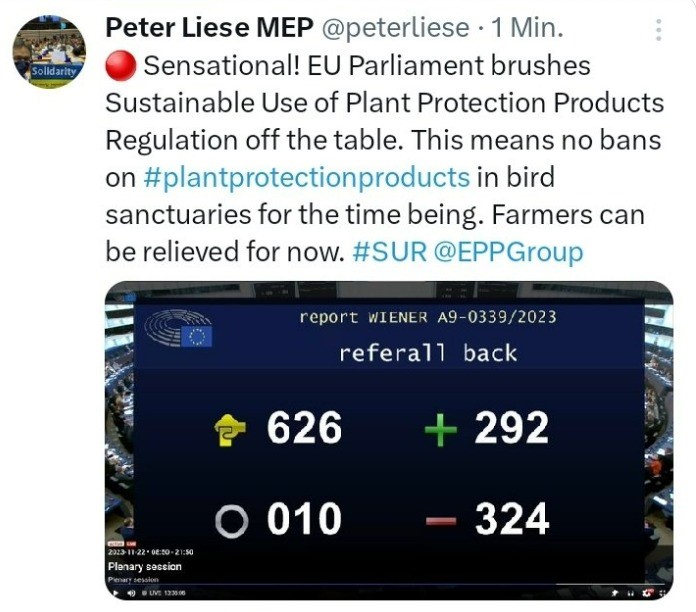
3. The big agri-lobby doesn’t represent all farmers, yet speaks for all of them
Copa-Cogeca, who vehemently opposed the Farm to Fork Strategy, is the largest union representing farmers and agri-cooperatives at European level. But who do they truly represent? In a recent investigation by Lighthouse Reports, it admitted to inflating its membership and was accused of putting the interest of industrial farming over those of smaller farms and young farmers. Over and over, they have used false arguments such as food security to oppose any green measures. Historically, they are very close to the EPP group and the connections even include family ties…
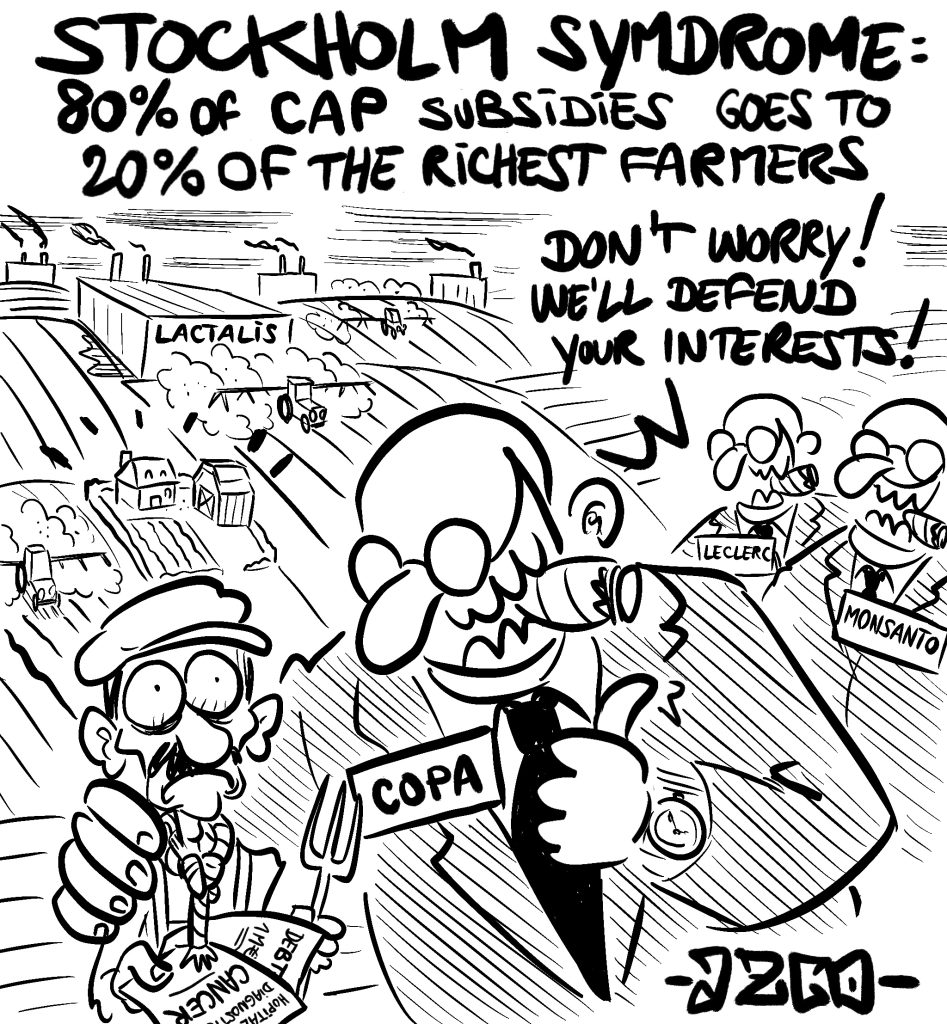
4. The current agricultural model is the real problem
Of course, these are the individuals who have the greatest stake in maintaining the current agricultural model. The Common Agriculture Policy was created after the world wars with the aim of boosting production levels in Europe. Sadly, its concept is now outdated, operating on a “the-bigger-your-farm, the-bigger-your-subsidy” model. As a result, the numbers of farms in the EU decreased by almost 40% between 2005 and 2020, forcing approximately 5.3 million farmers out of business. One third of the EU’s budget, tax-payer’s money, is allocated to these subsidies. But this policy is driving farmers to intensify production using synthetic pesticides, fertilisers, and excessive water consumption. Both the right and far-right, together with the agri-business lobbies, are vigorously defending this system as it generates substantial profits for them. Naturally, they propagate the false narrative that scrapping green measures will solve farmers’ problems. In truth, the only yield they care about is the one for their pockets.
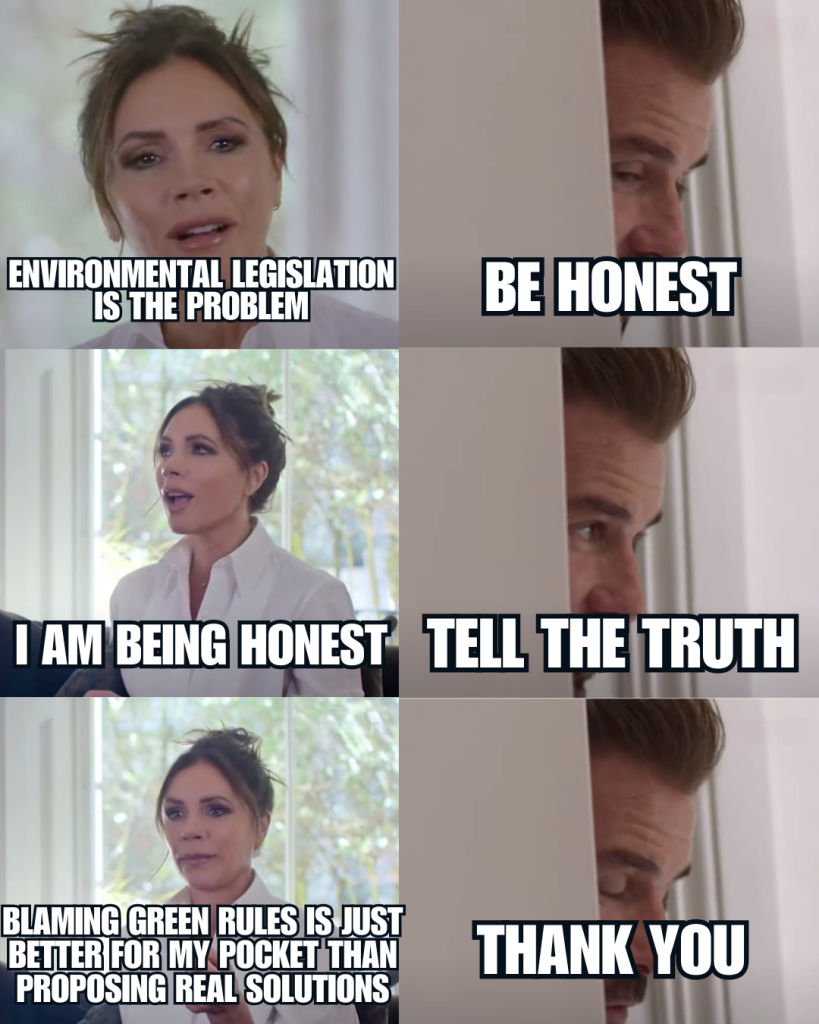
5. Farmers need nature
Public subsidies should be directed towards aiding farmers in transitioning to sustainable practices that will address these crises and farmers should be rewarded for engaging in practices that benefit the environment and contribute to the health and wellbeing of our ecosystems. This is the true path to effectively supporting farmers and answering the needs they are currently raising.
It’s simple: without healthy soils, clean water, and pollinators, farming has no future. Increasing floods, fires, and droughts are already jeopardizing yields across Europe. We need to invest in the protection and adaptation of farmers through nature-based solutions, which offer more cost-effective and sustainable alternatives than any technofixes. In this era of climate and ecosystem breakdown, investing in healthy ecosystems is essential for long-term food production and resilience, thereby ensuring the security of farmers’ incomes.
Written by Caroline Herman
You might also be interested in:
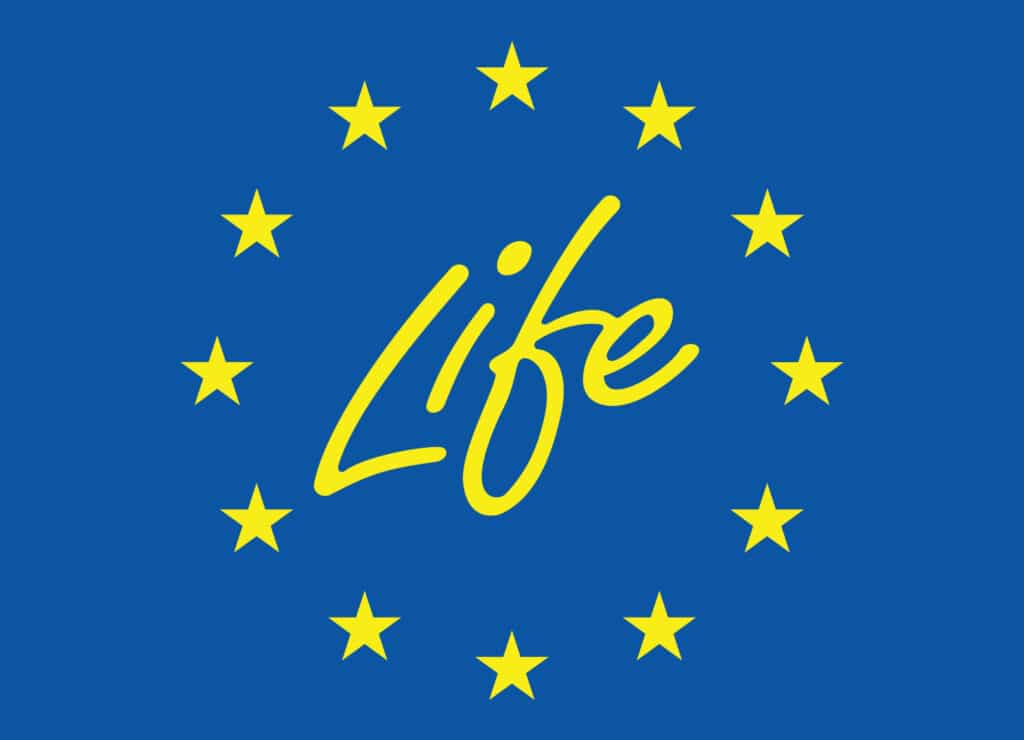 | Stichting BirdLife Europe gratefully acknowledges financial support from the European Commission. All content and opinions expressed on these pages are solely those of Stichting BirdLife Europe. The European Commission is not responsible for any use that may be made of the information it contains. |
